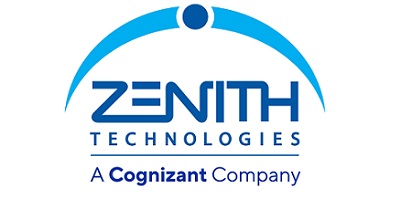In the past decade, cell, and gene therapies (CGT) have shown incredible promise as precision medicines for previously difficult-to-treat diseases, including cancers. The success of approved therapies has been driven by scientific research, as well as development and process innovations. It is estimated that the global market for cell therapies will exceed $8 billion by 2025, in part through expansion beyond oncology treatments.
Despite the enthusiasm for these products, commercialization of new CGT therapies at scale is hampered by many issues, including the use of manual—and often open—processes and small batch sizes. Manufacturers of CGTs have found the adoption of execution systems (ES) can address these, and many other, challenges.
What is cell and gene therapy?
CGT is a range of personalized therapies that use modified human cells—in some cases from the patient themselves—to treat disease. The cells are collected, genetically modified outside the body, then (re)introduced into a patient. Genetically modified cells can be used to treat the same patient or a number of different patients.
One successful type of CGT is chimeric antigen receptor T-cell (CAR T-cell) therapy, immunotherapy that uses a patient’s immune system to target tumour cells. T cells are purified from a patient’s blood and genetically engineered so they produce a novel antigen receptor that recognizes a protein on the surface of tumour cells. When the CAR T cells are reintroduced into the patient, their chimeric receptor binds to the surface of the tumour, allowing the T cells to target and kill the cancer cells.
Aseptic manufacturing during commercial production—necessary to avoid contamination of these vein-to-vein treatments that cannot be terminally sterilized—drives the need for automation and closed processing systems.
The reduction of production costs, improved quality assurance, enhanced chain of custody and cold storage are also key to the commercialization of these innovative products.
Execution systems facilitate process optimization
Integrating ES with equipment and business systems can meet these challenges. Adopting Manufacturing Execution Systems (MES) and Laboratory Execution Systems (LES) is a way to reduce the risk of contamination, lower operating costs, improve data integrity, ensure regulatory compliance, and enhance track and trace capabilities, all while ensuring quality.
Lower production costs
ES reduce process deviations and errors and events, while streamlining documentation to save time.
Improve data integrity
Digitalization eliminates the need for paper-based batch records, thus reducing manual processes and associated risks, time, and costs.
Ensure compliance and quality assurance
ES brings enforced compliance to processes, including the challenges that come with the short administration timelines of CGTs. This ensures all necessary data is stored for quality control.
Enhance chain of custody and storage
The CGT supply chain requires additional controls and compliance, including cold chain storage and stringent track and trace capabilities. ES supports all of this.
Integrating execution systems into your cell therapy manufacturing processes may be critical for scale up, the collection and storage of digitized data, and enhanced processes.
For more on how execution systems can meet your CGT development and production challenges, visit https://www.zenithtechnologies.com/manufacturing-execution-systems/
Reference
Cell Therapy Market to Grow Beyond Oncology As Big Pharma Expands Investments. Frost & Sullivan.
https://ww2.frost.com/news/press-releases/cell-therapy-market-grow-beyond-oncology-big-pharma-expands-investments/
About Author
Bryan McSwiney, Global Director of Technical Operations at Zenith Technologies, a Cognizant Company





















